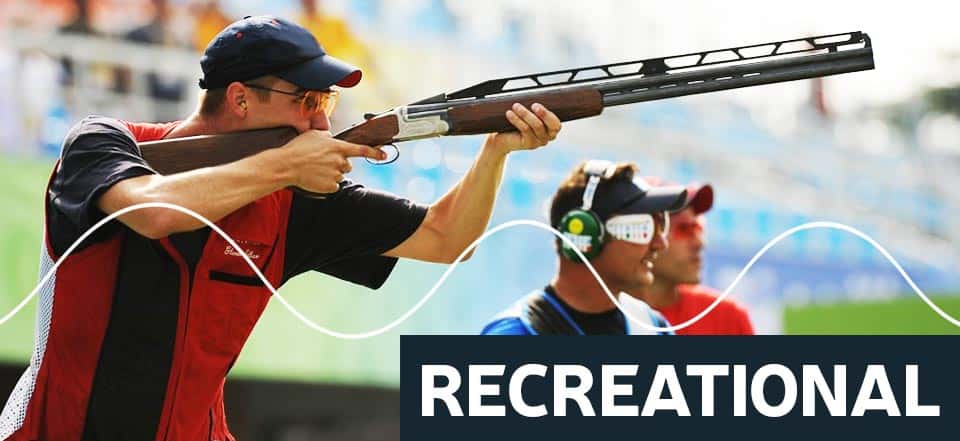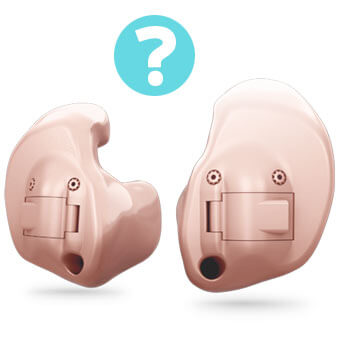Hearing Clinic
Our mission at the Hearing Clinic is to efficiently and professionally address the needs of our clients. We are a dynamic team and we care for the hearing health of each of our patients by offering premium quality service. We work closely with otorhinolaryngologists and audiologists to ensure that your hearing is clear and normal. Together, we find innovative solutions suited to your needs.

An assessment by a hearing-aid acoustician is required in order to determine if the hearing aid is suitable for the patient's needs. Responsible for advertising: Annie Bouchard



















